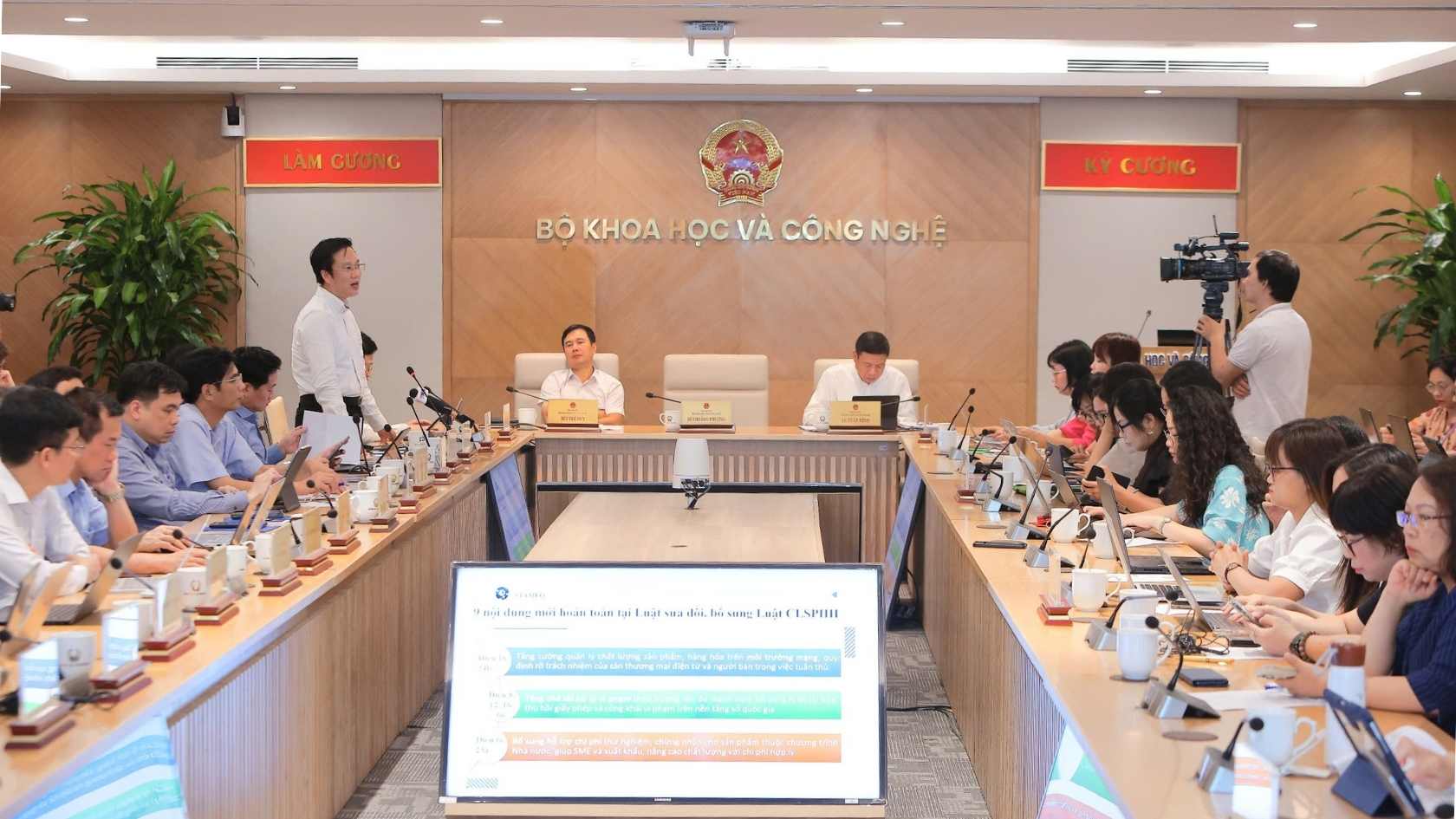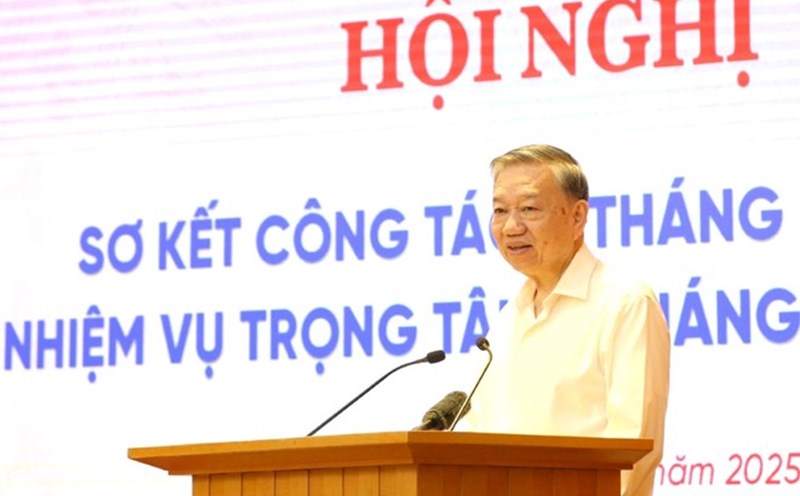
According to information from the Ministry of Science and Technology (MTS), 5 laws include: Law on Science, Technology and Innovation; Law on Digital Technology Industry; Law on amending and supplementing a number of articles of the Law on Product and Commodity Quality; Law on amending and supplementing a number of articles of the Law on Technical Standards and Regulations; Law on amending and supplementing a number of articles of the Law on Atomic Energy.
In particular, the Law on Science, Technology and Innovation for the first time introduces the concept of innovation into the law and puts it on par with science and technology. Innovation is identified as a key driving force to improve national competitiveness, with the expectation of contributing up to 3% to GDP growth.
The law also changes the management mechanism, shifting from input control to evaluating output efficiency. Research organizations and individuals are entitled to own the results and enjoy at least 30% of their income from commercializing scientific products.

The Law amends and supplements a number of articles of the Law on Product and Commodity Quality, focusing on risk management and post-inspection with digital data. A notable new point is the requirement to establish a national product quality monitoring system and manage goods traded on digital platforms. At the same time, it increases the responsibility of sellers and e-commerce platforms in ensuring quality and handling consumer feedback.
The Law amends and supplements a number of articles of the Law on Technical Standards and Regulations to legalize the national standards strategy for the first time, establish a database of standards - measurements - quality; unify the principle of "one product - one standard" nationwide. The Law also stipulates a mechanism for recognizing international assessment results, facilitating high-tech enterprises to access global markets.
The Digital Technology Industry Law is considered a major turning point, establishing a legal framework for new industries such as semiconductor chips, artificial intelligence and digital assets. The law stipulates the strategy for developing specialized chips, supporting the global supply chain. At the same time, AI must have identification signs and take humans as the center. For the first time, digital assets such as virtual assets and cryptographic assets have been recognized for ownership and transactions. Digital infrastructure such as AI data centers and concentrated digital technology parks are prioritized for investment, promoting the development of the digital economy.
The Law amending and supplementing a number of articles of the Law on Atomic Energy identifies nuclear power as a national strategic orientation, helping to ensure energy security and reduce carbon emissions. The law also stipulates the management of nuclear safety and security according to international standards, implemented by a unified agency. At the same time, promote the application of nuclear energy in healthcare, agriculture and industry.
These laws will take effect from October 1, 2025 or January 1, 2026, promising to open a new development stage, closely linking science - technology with economic growth, improving national competitiveness and improving the quality of life of the people.












